Alcohol Marketing - Children and Young People
How are children and young people affected
Alcohol marketing causes underage drinking, leading young people to drink at an earlier age, and to drink more. It influences how children and young people think and feel about alcohol, making them develop favourite brands and think positively about alcohol, creating and reinforcing social norms around drinking.
A survey we carried out found 10 and 11 year olds were more familiar with certain beer brands than leading brands of biscuits, crisps and ice cream.
Adolescents are particularly vulnerable to the effects of alcohol due to their physical immaturity and lower tolerance levels.
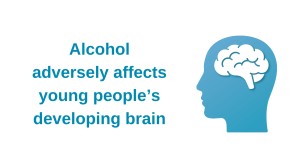
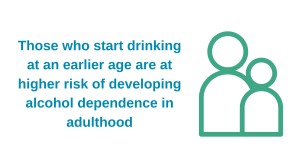
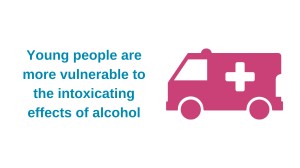
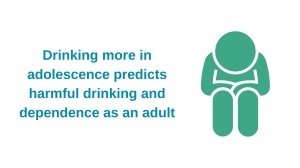
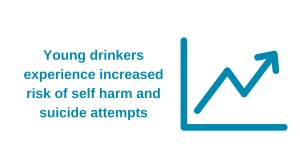
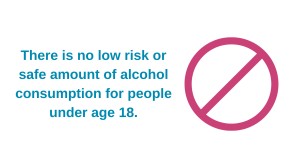
Exposure to alcohol marketing is a weekly, often daily, occurrence for most children and young people which shows that the current approach to regulating alcohol marketing does not work.
Most recently, in a study conducted by Cancer Research UK, 39% of young Scots reported seeing alcohol adverts in sports and events in the last month and 49% had seen famous people promoting alcohol in the last month.
Children and young people have a right to a childhood free from alcohol marketing – this is why we are campaigning with over 60 other organisations for an Alcohol-Free Childhood.
Read our briefing on Protecting Children and Young People from Alcohol Marketing
Children and Young People’s Voices
Children and young people in Scotland have themselves recognised how highly visible and heavily marketed alcohol is and are calling for action. For example, the majority of the children and young people who shared their views in 2022-23 as part of Children in Scotland’s youth engagement project on alcohol marketing in Scotland generally supported restricting alcohol advertising.
Primary school children in Scotland recognise that adverts can be harmful to children, and have called for the removal of alcohol adverts so that children can’t see them, and to stop alcohol sport sponsorship of events at which children are present.
The Young Scot Health Panel of children and young people aged 14-25 years recommended mandatory controls on alcohol marketing, including restrictions on alcohol advertising on TV, in cinemas and in public places, and content requirements for adverts and packaging to reduce appeal to young people and warn them of the dangers of drinking.
AFS has worked with over 200 children and young people over the past few years, creating an animation to show how alcohol marketing is “In Your Face”:
Learn more about our Alcohol-Free Childhood Campaign
Find out more and take action!
- Get involved in our campaigning efforts to protect children and young people from alcohol harm
- Get involved in other AFS campaign efforts
- Briefing: Protecting Children and Young People from Alcohol Marketing
- Summary Report: Realising Our Rights: how to protect people from alcohol marketing
- Report: Realising Our Rights: how to protect people from alcohol marketing